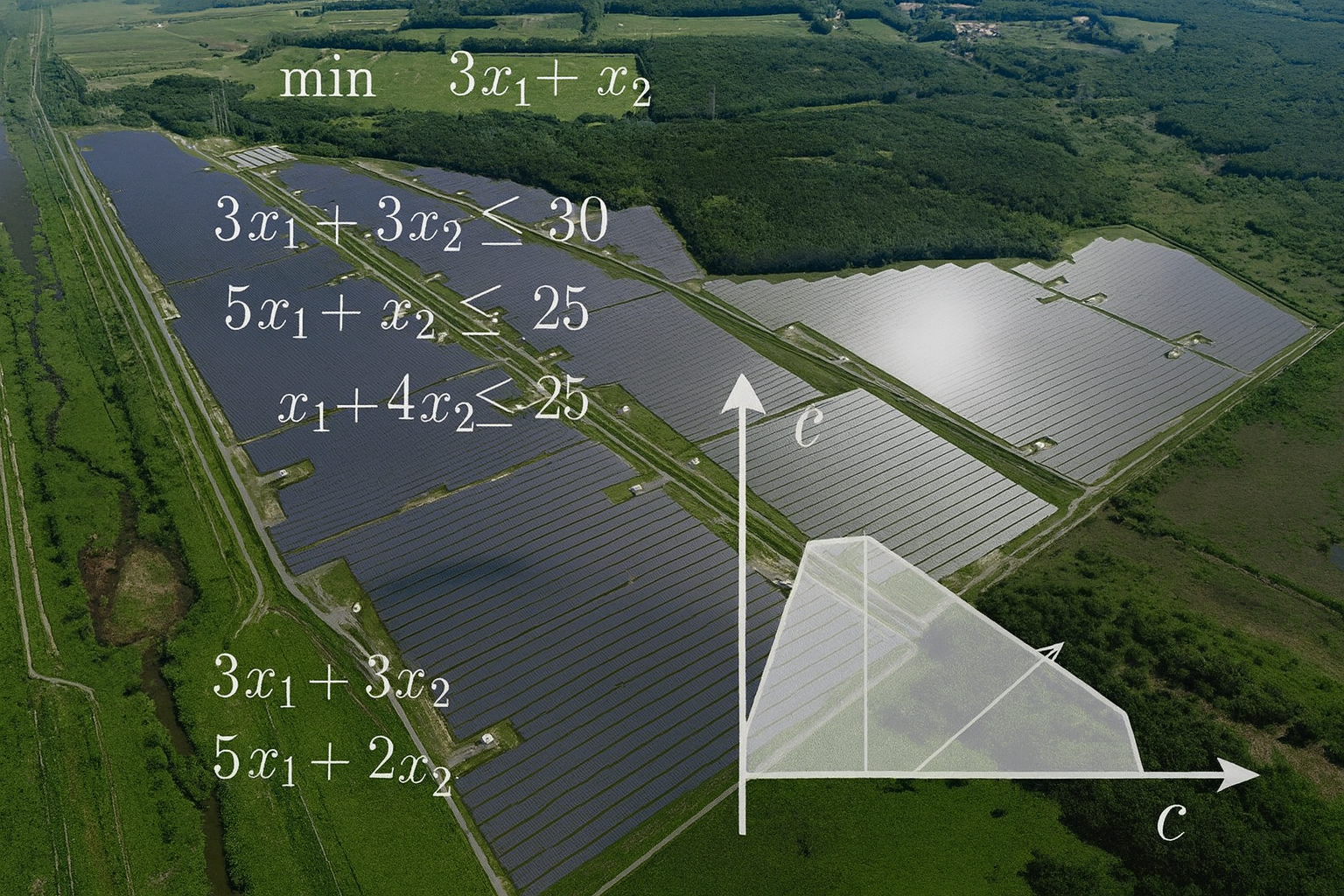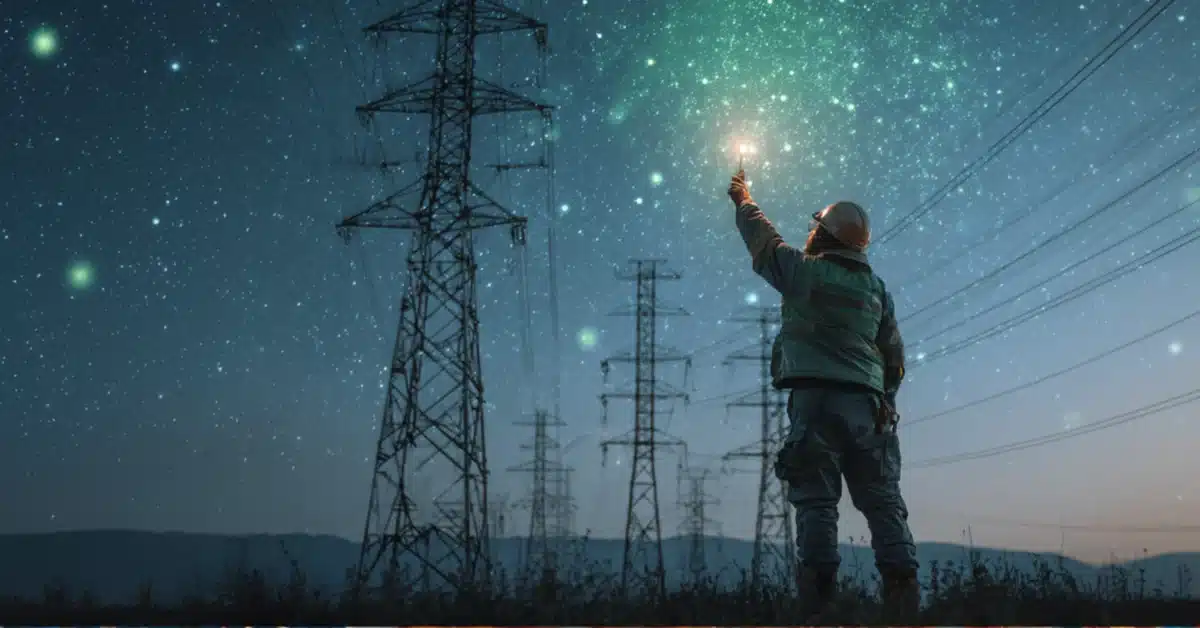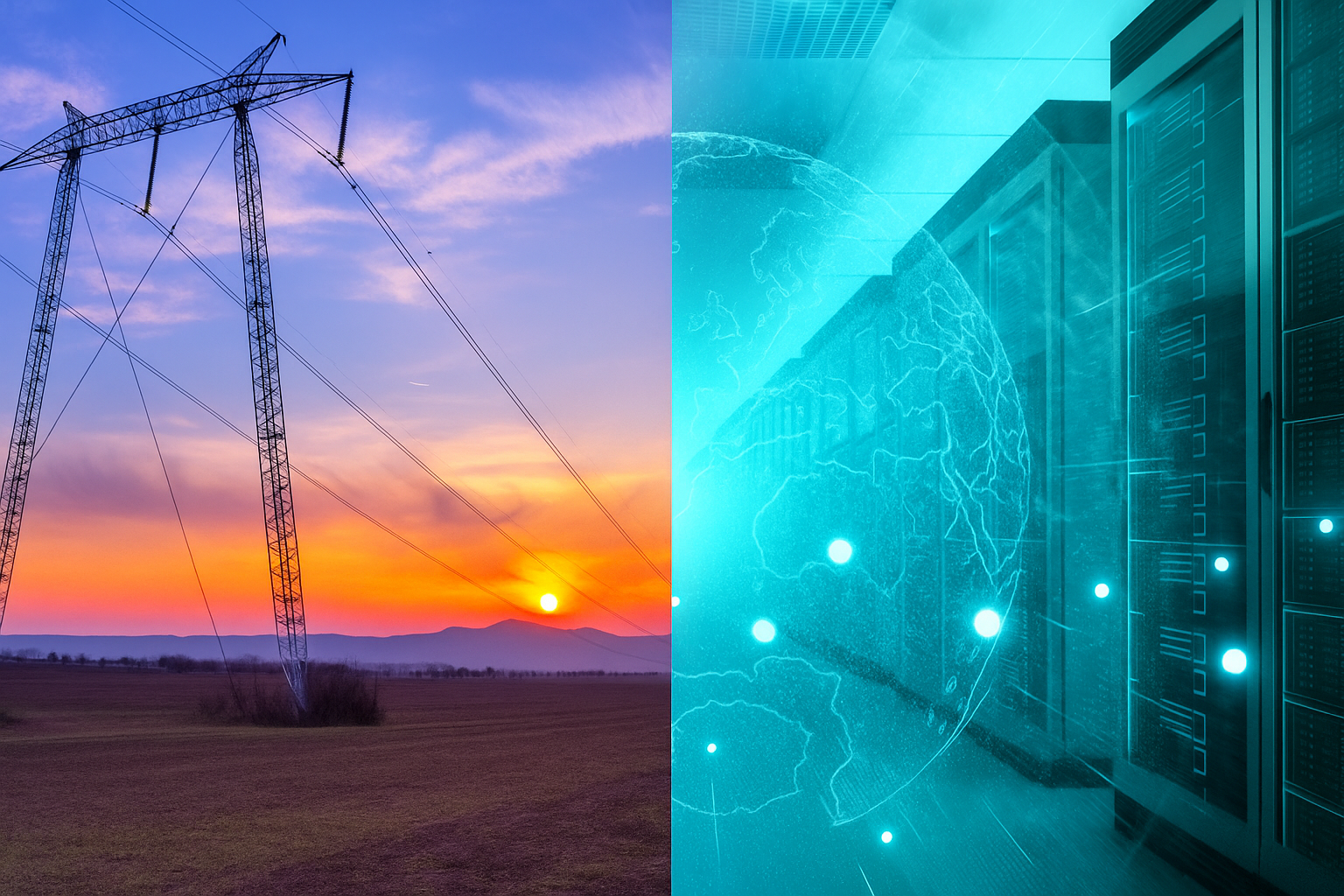
At Full Stack Energy, we see this as part of a broader paradigm shift—one that aligns with the vision laid out in the McCarthy report and the EU RED III and Energy Efficiency Directives. These frameworks call for a transition to an electricity-led system, deeper decarbonisation, and smarter use of energy assets. But the pace has been too slow. What’s needed now is flexibility, transparency, and intelligent coordination—and that’s exactly where we operate.
Closing the Credibility Gap
The Private Wires policy also helps address a long-standing issue in Ireland’s energy market: the credibility gap between renewable claims and actual generation. Many companies are sold “100% renewable electricity” while the grid itself only generates around 47% renewably. The rest is often covered by imported certificates, not local clean power.
This disconnect undermines transparency and traceability—especially for large energy users who want to align their operations with real decarbonisation. Full Stack Energy enables solutions that go beyond paper claims, supporting local generation, verified Guarantees of Origin, and real-time energy matching.
A Piece of a Larger Puzzle
Private wires are just one enabler in a much bigger transformation. Ireland’s energy future depends on:
- Granular, hourly Guarantees of Origin (GOs) to track and verify clean energy use.
- Dynamic tariffs that reward flexible demand and shift consumption to cleaner, cheaper hours.
- Digital twins and real-time analytics to optimise generation, storage, and load.
- Behind-the-meter intelligence that turns passive consumption into active participation.
This is the ecosystem Full Stack Energy is already enabling. With over a decade of experience helping energy innovators bring their business models to market, we support:
- Optimisation of behind-the-meter energy use with AI-led forecasting and control.
- Right-sizing and siting of private wires and storage assets.
- Coordination of shared connections and co-located renewables.
- Optimising on-site energy generation and consumption assets to maximise value and resilience.
- Orchestration of charging demand by large EV parks and fleets, aligned with tariff signals and grid constraints.
Why This Matters for Industry Players
The Private Wires policy opens up new commercial models for:
- Industrial clusters and green energy parks coordinating on-site generation and flexible loads.
- Large energy users seeking price certainty and deeper decarbonisation.
- EV infrastructure operators scaling high-power deployments without waiting on grid upgrades.
- Innovators in energy traceability and flexibility markets who need real-world infrastructure to match digital capabilities.
Our Take
Private wires won’t replace the grid—but they’re a release valve for innovation. They signal a shift from rigid, centralised control to a more open, responsive, and data-driven energy system. One where energy is available when and where it’s needed, and where smart coordination unlocks real value.
If you’re building the future of energy—whether through flexible demand, traceable clean power, or co-located assets—let’s talk. We’ll help you make your project investment-grade and ready to move when the regulatory pathways open.
- Regulatory Complexity & Legacy Constraints: CRU – Review of Large Energy Users Connection Policy
- Permitting & Planning Delays: ie – Private Wires Policy Statement
- Grid Coordination & Technical Standards: EirGrid – Response to Private Wires Consultation
- Commercial Viability & Tariff Structures: CRU – Large Energy Users Connection Policy Proposed Decision
- Social Equity & Public Acceptance: EirGrid – Response to Private Wires Consultation
- Limited Scope & Scale: ie – Minister O'Brien Announces Private Wires Reform
- Energy Efficiency Directive (EU) 2023/1791 : EUR-Lex
- Renewable Energy Directive (RED III) – Directive (EU) 2023/2413 : EUR-Lex
- Ireland’s Renewable Electricity Generation – July 2025: EirGrid News
- EirGrid Annual Report 2024: EirGrid
- Independent Review – Security of Electricity Supply (McCarthy Report): Gov.ie
- Energy Security in Ireland to 2030: Gov.ie









